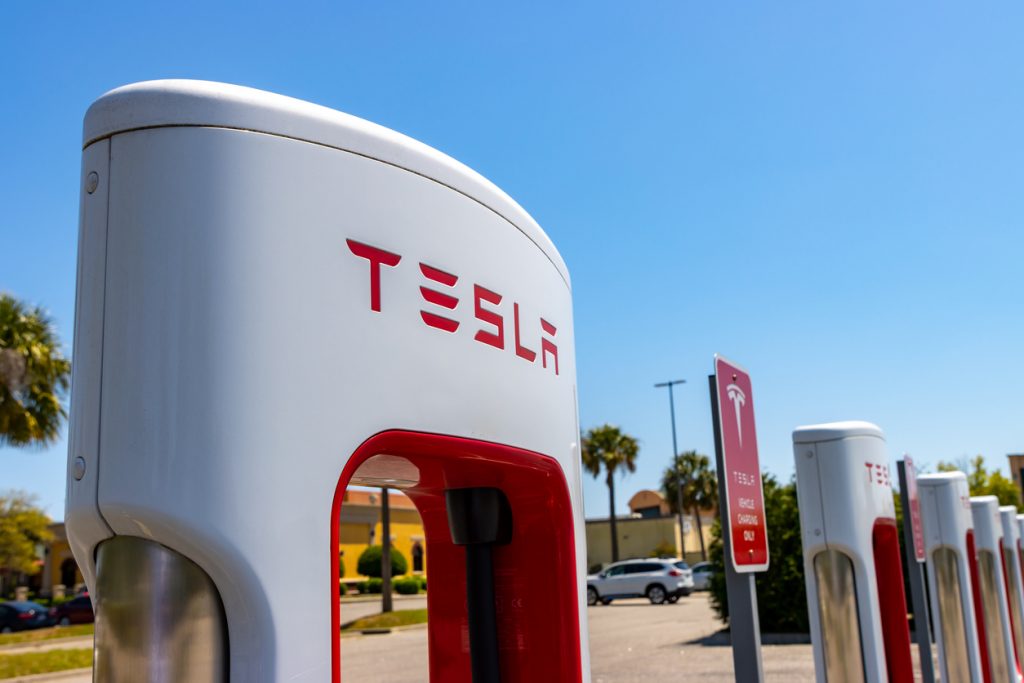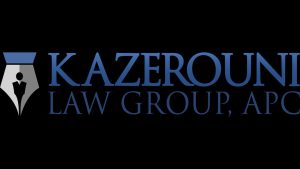Tesla to Face Partial 'Phantom Braking' Lawsuit, Rules U.S. Judge.
A U.S. judge has allowed a consumer lawsuit against Elon Musk's Tesla to proceed, alleging the company concealed a "phantom braking" defect. The suit claims Tesla's forward collision warning system triggers false alerts, causing sudden, unwarranted braking and higher insurance premiums. Although some claims were dismissed, consumers may amend their complaint regarding insurance premium issues.
In Friday's ruling, U.S. District Judge Georgia Alexakis in Chicago narrowed the scope of the case but allowed the proposed class action to proceed on the basis that Tesla allegedly concealed the "phantom braking" safety issue from potential buyers. The judge dismissed other aspects of the lawsuit, including allegations that drivers were charged excessive car insurance premiums through Tesla's insurance division due to the company's purportedly defective collision monitoring system.
The consumers' complaint from 2023 stated that Tesla's "forward collision monitoring system" frequently generates false alerts regarding imminent crashes, even when no collision risk exists. The plaintiffs claimed they are incurring higher insurance premiums based on erroneous collision warning data from their vehicles. They asserted that Tesla was aware of the alleged defect as early as 2015 but failed to inform customers.
Tesla refuted the claim, stating that it had no knowledge of the alleged braking issue prior to one plaintiff's vehicle purchase in early 2021. The company contended that the plaintiffs did not provide specific evidence of any communications with buyers that concealed information about the defect. Judge Alexakis noted that the lawsuit "successfully connects the dots" between Tesla's alleged failure to disclose safety information on its website and the reliance of buyers on that information for their purchasing decisions.
The judge also indicated that the plaintiffs could submit an amended complaint to attempt to reinstate their claims regarding insurance premiums.
The partial lawsuit against Tesla over phantom braking underscores a critical flaw in the pursuit of autonomous vehicles: their inherent unpredictability. Phantom braking, where cars unexpectedly decelerate without cause, is not merely an inconvenience—it’s a glaring safety hazard. Autonomous technology promises precision and reliability, yet instances like these expose its dangerous limitations. When drivers are forced to second-guess the car’s behavior, trust erodes, and road safety is compromised. This lawsuit serves as a reminder that automakers may be rushing innovation at the expense of public safety. Until these systems are flawless, autonomous vehicles remain a risky experiment on our roads.
The case is Joshua Santiago et al v. Tesla, U.S. District Court, Northern District of Illinois, No. 1:23-cv-02891.





















